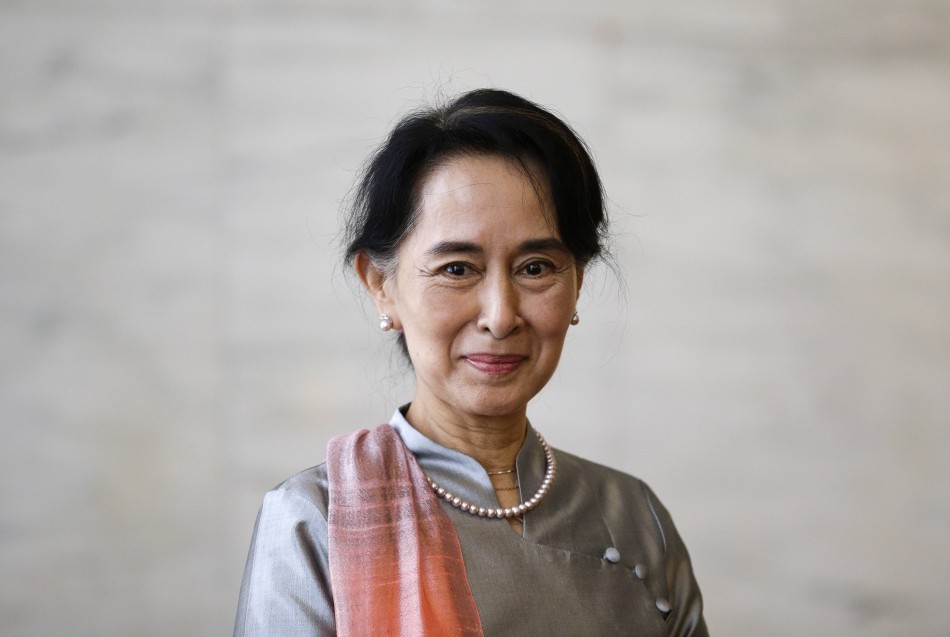Landslide Victory For Myanmar's Aung San Suu Kyi
Aung San Suu Kyi
NEW DELHI: In a historic election, Nobel laureate Aung San Suu Kyi's opposition party is set to win a landslide victory in the Myanmar elections, as vote counting continued indicating a major lead for the National League for Democracy (NLD).
At the time of writing, the NLD had won 49 of 54 seats in the more powerful lower house of parliament, while the ruling Union Solidarity and Development Party (USDP) managed to win only three seats.
As per the officially declared results, the NLD has won 145 the total 160 seats, setting on course for a major election victory.
On Monday, as the result began to pour in, the ruling party -- that was created by the country's former junta and is led by retired military officers -- conceded defeat.
The Union Solidarity and Development Party (USDP), best described as a semi-civilian government, was handed over power from Myanmar’s military in 2011, after decades of military rule.
This election was especially important given the fact that even after the formal end of military rule in Myanmar, the army continues to hold sway in politics. 25 percent of the seats in Hluttaw are reserved for the army, which also holds a veto charge.
The NLD needed a massive victory to be able to stop an anti-NLD coalition, which would have needed only a third of the elected seats to form the government given that quarter of the seats are reserved for the army. As of Tuesday morning, the NLD is set to not only defeat the ruling party and any anti-NLD coalition, but trounce them entirely.
Suu Kyi called for the country to remain "calm, peaceful and stable" as it awaited the outcome of the election. "There is no official result yet, but the people already know who has won," she told her supporters outside NLD headquarters… It doesn't matter if you win or lose, but your dignity is important. The winner should show empathy to the losers."
Despite the result categorically in favour of Suu Kyi, challenges remain. For one, the constitution stipulates that no one with foreign children can be President, effectively ruling out Suu Kyi who has two. Suu Kyi has said that a civilian from the party will be up for the post shall the NLD win, although she has indicated she will lead the government from Parliament.
More significantly, although the elected President and government are important, key security ministries (defence, home affairs and border affairs) are selected by the head of the army, not the president, and there can be no change to the constitution without military approval.
Other problems with the elections included woefully inadequate election campaign voter lists that were published, with dead people listed and many alive not included. Most significantly, as fighting continues across large parts of Myanmar, with President Thein Sein’s landmark ceasefire falling short of expectations, large numbers of the country’s ethnically diverse population was unable to vote.
Further, minorities like the Rohingya Muslims are not included in the ballot, as the Myanmar government continues denying the Rohingya citizenship and other basic rights. Even Aung Saan Suu Kyi and her NLD party, which have positioned themselves as the champions of democratic and human rights, have been dismally silent on the Rohingya issue, indicating that for the country’s most vulnerable minority, a change in government isn’t going to change much in their lives.





